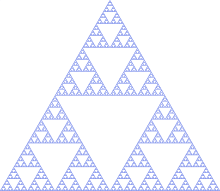How about Fibonacci numbers? Many of their mod $p$ properties can be easily deduced from arithmetic of finite fields. (e.g. $p|F_{p\pm 1}$, where the sign is determined by mod 5 class of $p$).
And similarly for Pascal's triangle. They have beautiful patterns mod $p$.
Pell's equation and continued fractions are also beautiful.
If the students know holomorphic functions, then Dirichlet's theorem on arithmetic progressions is a cool topic.

